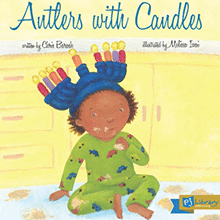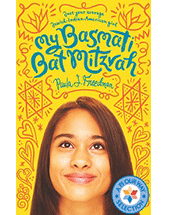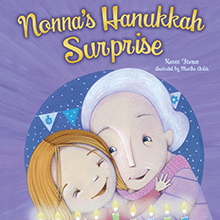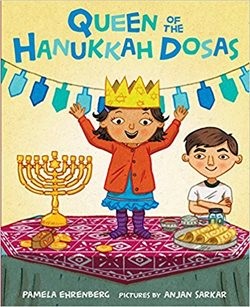5 Tips for Navigating Chanukah and Christmas for Interfaith Families
- Communicate with Your Partner Before Speaking with the Children.
Being on the same page with your partner is crucial. Traditions and culture can be very emotional, so communication is key. Have a conversation with your partner as early as you can (hopefully before the holidays.) Talk about the things that are important to you and traditions you wish to uphold in your household, and listen to your partner when he/she expresses those things as well. Have these conversations BEFORE you speak with your kids, so they sense their parents are on the same page.
- Be Respectful of the Grandparent Generation.
Think about ways you want to honor and include the grandparents. It can be nice to have a special celebration for each holiday with each set of grandparents.
- Give Each Holiday Its Due.
Make sure you give enough attention to each tradition separately. Sometimes mashing up traditions like having latkes on Christmas isn’t the best way to do it. What are the traditions that each of you grew up doing on Christmas Day? Which are important and can be incorporated? Which may need to be adjusted or open to compromise? When possible, have a Christmas celebration at a different time than the Chanukah celebration, though you should light the menorah candles every night of Chanukah, even when there’s overlap. The Federation’s 8 Chanukah Values resources can help families add a bit more about the values around Chanukah like working to make the world brighter and warmer like the lights of Chanukah do. (Download it at org/chanukahvalues)
- Find a Good Time to Talk with Your Kids.
Talking with your kids about tradition is important but finding a good time to do it can be hard. Try speaking with your kids during reading time. The Jewish Federation of Greater Washington implements PJ Library in Greater Washington which delivers free children’s books about Jewish topics to Jewish and interfaith families. (See below for some books that feature interfaith and multicultural families.)
- Find a Good Way to Talk with Your Kids.
You can also talk-while-doing. Kids tend to open up more if they can also be busy doing something like making a craft or throwing a ball. Crafts can be a great time to start a conversation around tradition.
May these ideas bring peace and joy into your home this holiday season. Or, as they say in Israel, “Nes Gadol Haya Po (A great miracle happened here).”
PJ Library and PJ Our Way Stories Featuring Interfaith and Multicultural Families





Antlers with Candles by Chris Barash, illustrated by Melissa Iwai
Chicken Soup, Chicken Soup by Pamela Mayer, illustrated by Deborah Melmon
My Basmati Bat Mitzvah by Paula J. Freedman (PJOW)
Nonna’s Hanukkah Surprise by Karen Fisman, illustrated by Martha Aviles
Queen of the Hanukkah Dosas by Pamela Ehrenberg, illustrated by Anjan Sarkar
The Whole Story of Half A Girl by Veera Hiranandani (PJOW)
Additional Resources and Perspectives
Gift Giving Tips for Interfaith Families | PJ Library
